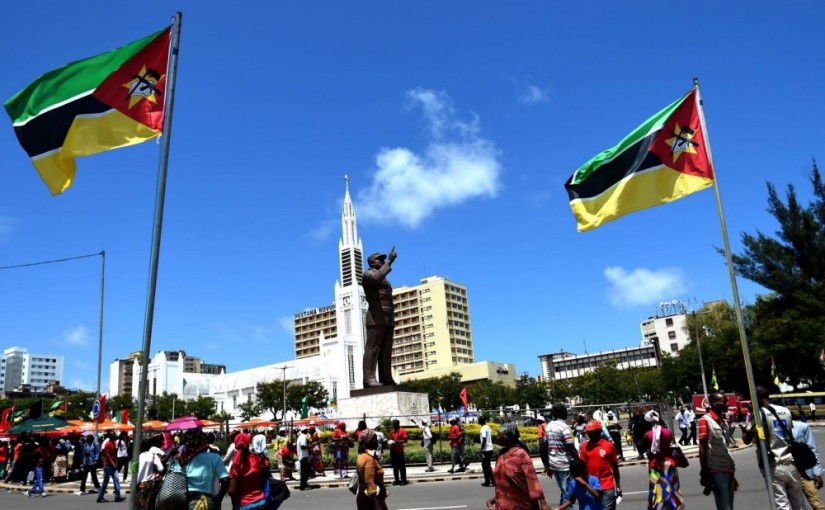Mozambique: External donations secured in H1 total $110.8m
EIU: Mozambique’s growth will accelerate in 2017

File photo
Mozambique’s economic growth is expected to accelerate gradually from 2017 as macroeconomic stability improves and investor confidence recovers.
In its most recent report, the Economist Intelligence Unit (EIU) states, however, that this growth, averaging 5.1 percent in the period 2017-2020, will be far from the average of 7.2 percent in the previous decade.
Coal production will remain a key factor for growth, due to the expected increase in ore prices between 2017 and 2018, the robust demand from India and the efforts of the mining companies to reduce operating costs.
The EIU, cited by Macauhub, mentions the risk associated with worsening security conditions in the mining regions of Mozambique, as well as disturbances in the logistics network of coal and other minerals, but says that mining companies are expected to remain committed to their projects.
Agricultural production is expected to resume in 2017 as the effects of El Niño fade, but growth rates are expected to remain low due to the low productivity of mostly subsistence family farms, and the low prices associated with the main cash crops, sugar, tea and cotton.
According to the same source, inflation, which in June stood at 19.7 percent year on year, is expected to remain high due to the rapid depreciation of the Mozambican currency against major currencies. The EIU forecasts that the metical depreciation will reach 17.1 percent by the end of the year, its highest value for more than a decade.












Leave a Reply
Be the First to Comment!
You must be logged in to post a comment.
You must be logged in to post a comment.